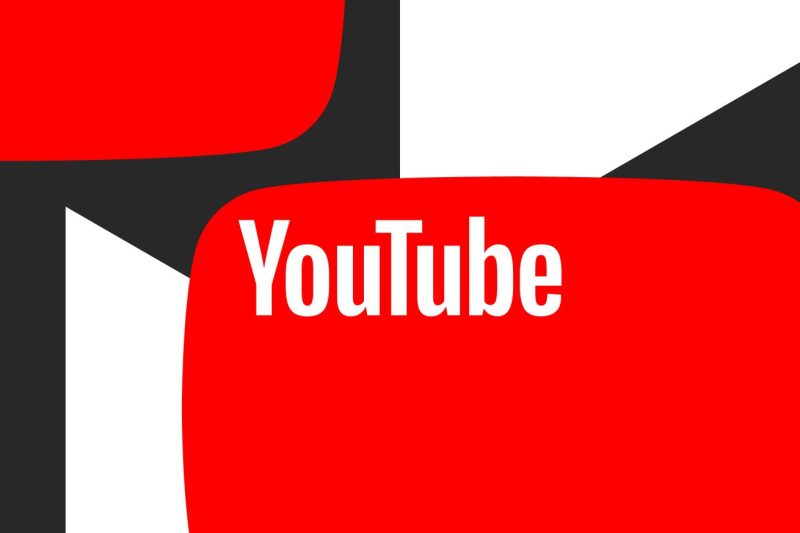In a groundbreaking move that could revolutionize the music industry as we know it, YouTube is reportedly in talks with major record labels to strike deals for creating music using artificial intelligence. This development signals a major shift in the way music is produced and consumed, showcasing the growing influence of technology in the creative landscape. As AI continues to pervade various aspects of our lives, its entry into the music realm represents a seismic shift with vast implications.
One of the key aspects of this potential partnership is the utilization of AI to create music content. With sophisticated algorithms and machine learning capabilities, AI has the capacity to analyze massive amounts of data and generate music compositions that are both unique and appealing to listeners. By collaborating with major record labels, YouTube aims to harness the power of AI to produce high-quality music that resonates with a wide audience.
The intersection of AI and music production raises intriguing questions about the role of creativity in the digital age. While some may view AI-generated music as a threat to traditional artistry, others see it as an exciting opportunity to explore new realms of musical expression. By leveraging AI, artists and producers can experiment with innovative sounds and styles that may have been previously inaccessible. This fusion of human creativity and technological ingenuity promises to create a dynamic and diverse music landscape.
Moreover, the potential impact of AI-generated music extends beyond the creative sphere to the business side of the industry. With the rise of streaming platforms and digital distribution channels, the music market is constantly evolving and adapting to new technologies. By incorporating AI into the music production process, record labels can streamline their operations, optimize resource allocation, and target specific audience segments more effectively. This strategic use of AI has the potential to revolutionize the way music is produced, marketed, and consumed on a global scale.
However, as with any disruptive innovation, there are also challenges and complexities associated with the integration of AI into music production. Copyright issues, ethical considerations, and concerns about artistic integrity are just a few of the critical areas that stakeholders will need to navigate in this rapidly evolving landscape. Engaging in thoughtful dialogue and collaboration among artists, technologists, and industry professionals will be essential to ensure that AI-generated music upholds the highest standards of creativity and authenticity.
In conclusion, YouTube’s potential venture into AI music production in collaboration with major record labels represents a bold and visionary step towards the future of music. By leveraging the powerful capabilities of AI, this initiative has the potential to transform the music industry, offering new opportunities for creativity, innovation, and experimentation. As we stand at the cusp of a new era in music production, the fusion of human artistry and AI technology promises to shape a vibrant and exciting musical landscape for years to come.

